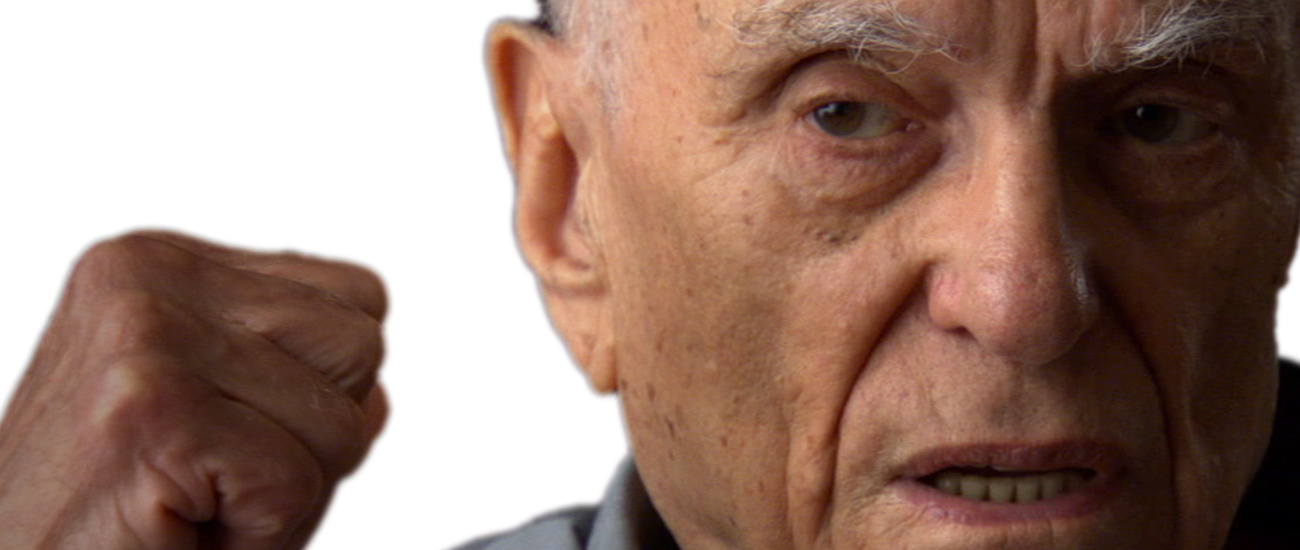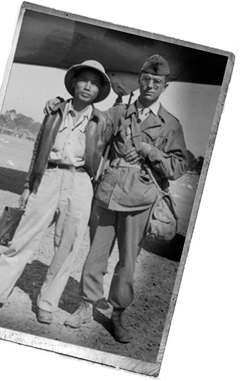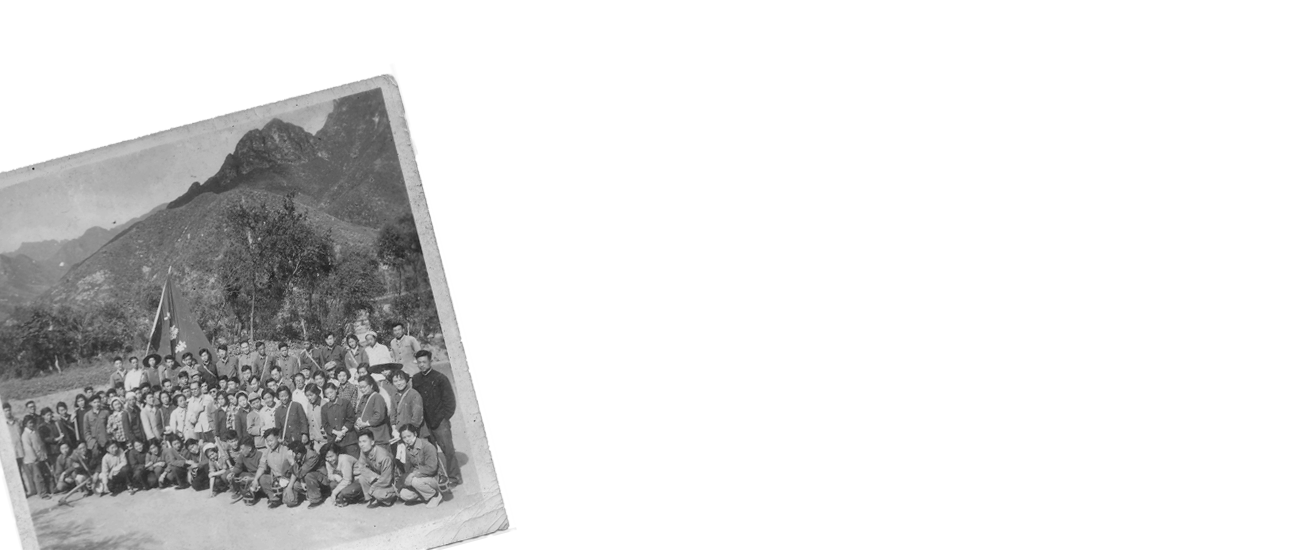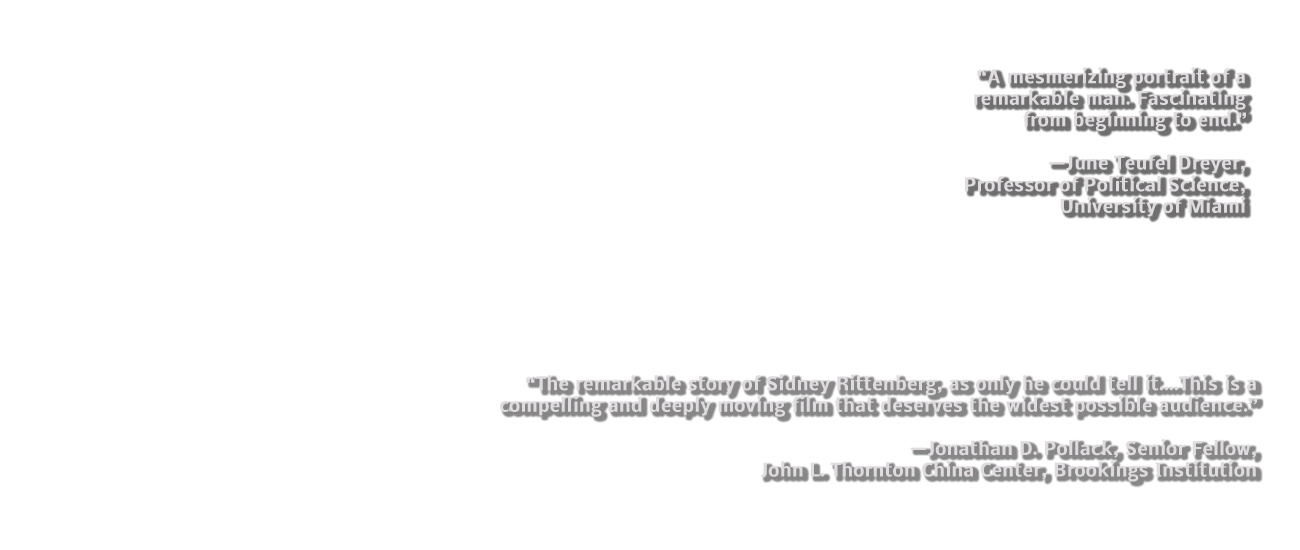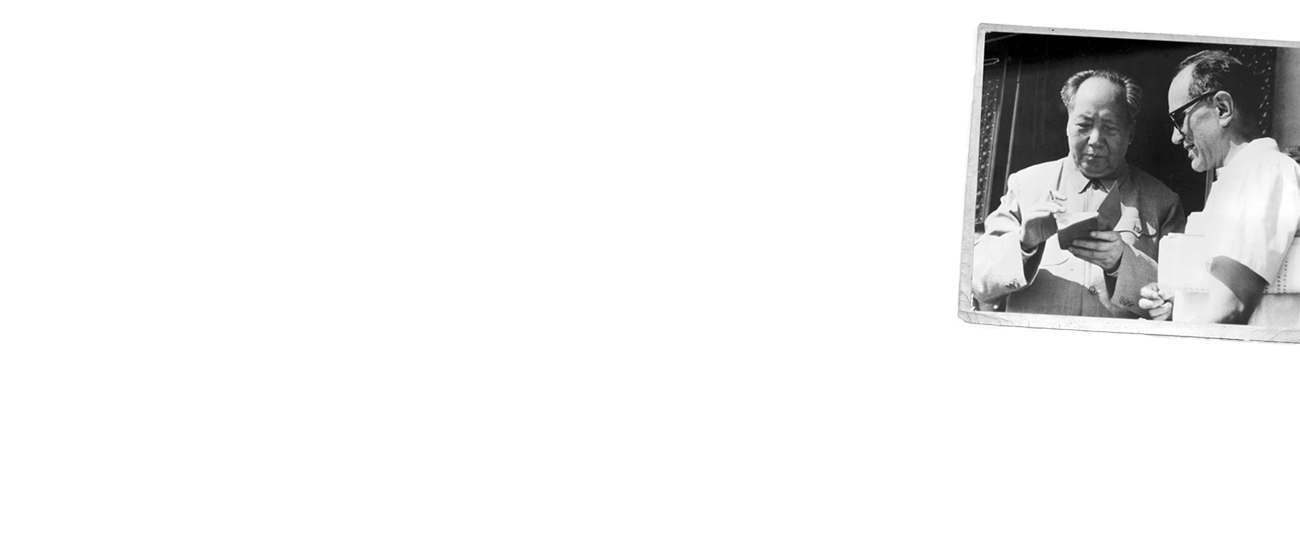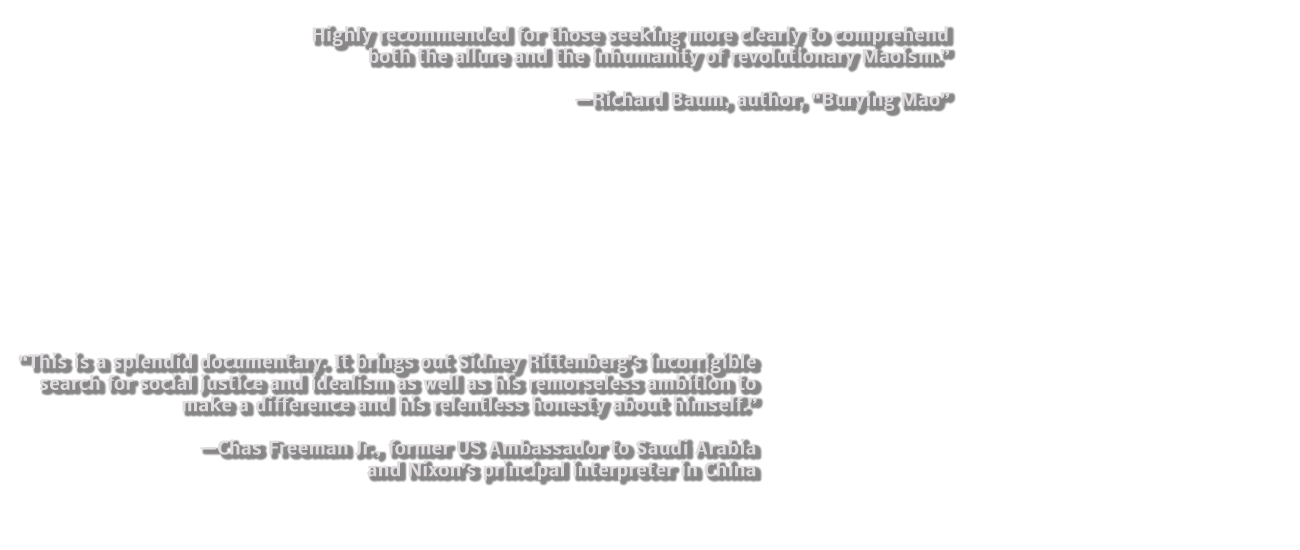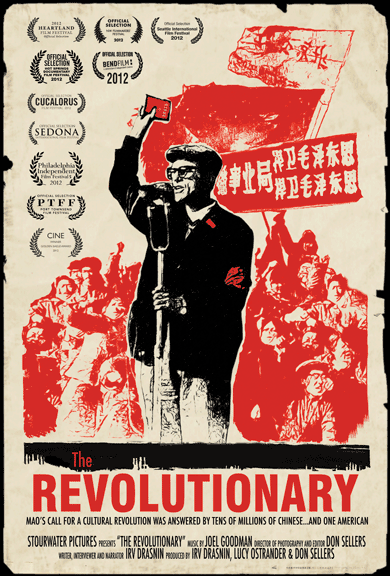Sidney Rittenberg
August 14, 1921 – August 24, 2019
It is with great sadness that we report Sid's passing. We will post links to obituaries and appropriate comments here.
Obituaries:

The Film
 Sidney Rittenberg (whose Chinese name is Li Dunbai) arrived in China as a GI Chinese language expert at the end of World War II. Discharged there, he joined the Chinese Communist Party, and was an active participant in the Chinese communist revolution and its aftermath. An intimate of the Party's leadership, including Mao Zedong and Zhou Enlai, he gained prominence at the Broadcast Administration, one of the most important agencies of government. But in the convulsions of a giant country constantly reinventing itself, he twice ran afoul of the leadership, and served a total of 16 years in solitary confinement. He returned to the United States in 1980.
Sidney Rittenberg (whose Chinese name is Li Dunbai) arrived in China as a GI Chinese language expert at the end of World War II. Discharged there, he joined the Chinese Communist Party, and was an active participant in the Chinese communist revolution and its aftermath. An intimate of the Party's leadership, including Mao Zedong and Zhou Enlai, he gained prominence at the Broadcast Administration, one of the most important agencies of government. But in the convulsions of a giant country constantly reinventing itself, he twice ran afoul of the leadership, and served a total of 16 years in solitary confinement. He returned to the United States in 1980.
Rittenberg captivates the audience with his exceptional intellect, uncompromising honesty, and engaging personality. Over a five-year period, award-winning former-CBS journalist and China specialist, Irv Drasnin, interviewed Rittenberg to produce a compelling, complex and unique understanding of the 20th century's biggest revolution. From Sid first meeting Mao in the caves of Yan’an, to his becoming famous and powerful during the Cultural Revolution, to his battling insanity in solitary, his journey and his profound insight illuminate a much greater history—a history few Chinese are aware of, let alone many Americans, told by an American who was there.
Please view our 2-minute trailer below:
If you're having trouble watching this video, you can watch it on YouTube by clicking here.
The Revolutionary was completed in late 2011, and has been reviewed by a number of China scholars. Here are two responses:
"This is a splendid documentary. It brings out Sidney Rittenberg's incorrigible search for social justice and idealism as well as his remorseless ambition to make a difference and his relentless honesty about himself. He comes across as a complex, fallible, but admirable man. His relationship with his wife, Wang Yulin is touchingly portrayed. In a larger sense, Rittenberg's part in history (which was improbable but not at all small) and that history itself are brilliantly evoked. The ending, in which Rittenberg's very American pragmatism and his Chinese wife's commercial instincts triumph, is worthy of Voltaire's Candide. This is a painless but poignant way for Americans and other foreigners to begin to understand modern Chinese history. My wife and I loved the film."
-Chas Freeman Jr., former US Ambassador to Saudi Arabia
and Nixon's principal interpreter in China
"The Revolutionary is the remarkable story of Sidney Rittenberg, as only he could tell it. It is equally the story of China during decades of political and social upheaval and of his deep personal involvement in the Chinese revolution. Through Rittenberg's eyes and in his words, China's past comes alive. He delves into this history with clarity and candor, and does not obscure his role in events that a lesser person would prefer to forget or to rationalize. This is a compelling and deeply moving film that deserves the widest possible audience."
-Jonathan D. Pollack, Senior Fellow, John L. Thornton
China Center, Brookings Institution

